
Ingredient
Coriander seeds and similar-
Aromatic Spice: Coriander Seeds and Their Kin
Coriander seeds are small, round, and light brown in color. They have a unique flavor profile that combines citrusy, floral, and slightly peppery notes. The seeds are often toasted or ground before use to enhance their fragrance and release their essential oils. Coriander seeds are commonly used in Indian, Middle Eastern, and Mediterranean cuisines, where they are found in spice blends, marinades, curries, pickles, and baked goods.
Origins and history
Coriander seeds have a long history and are believed to have originated in the Mediterranean region. They have been used in cooking for thousands of years and were highly valued by ancient civilizations such as the Egyptians, Greeks, and Romans. Today, coriander seeds are cultivated in many countries worldwide, including India, Morocco, Russia, and Mexico.
Nutritional information
Coriander seeds are a good source of dietary fiber, vitamins, and minerals. They contain antioxidants and have been associated with potential health benefits, including improved digestion and reduced inflammation. They are also low in calories and fat.
Allergens
May cause allergic reactions in individuals with pollen allergies or those sensitive to spices.
How to select
When selecting coriander seeds, look for whole seeds that are dry, firm, and free from any signs of moisture or mold. The seeds should have a strong aroma, indicating freshness. Avoid purchasing pre-ground coriander seeds, as they may have lost some of their flavor and aroma.
Storage recommendations
To maintain the freshness and flavor of coriander seeds, store them in an airtight container in a cool, dark place, away from direct sunlight and moisture. Ground coriander seeds should be used within a few months for optimal flavor.
How to produce
Coriander plants are relatively easy to grow, making them suitable for home gardening. They thrive in well-drained soil and require full sun or partial shade. Sow the seeds directly in the garden or in pots, and keep the soil consistently moist until germination. Harvest the seeds when they turn brown and start to dry on the plant.
Preparation tips
Coriander seeds can be used whole or ground, depending on the recipe. Toasting the seeds in a dry pan before grinding or using them whole enhances their flavor. Ground coriander seeds are commonly used in spice blends, marinades, curries, and baked goods. Whole coriander seeds can be added to pickles, soups, stews, and roasted vegetables for an aromatic touch.
Substitutions
Caraway seeds, cumin seeds, or fennel seeds can be used as substitutes for coriander seeds, although they have slightly different flavor profiles. Use them in the same quantity as coriander seeds to maintain the desired taste in the dish.
Culinary uses
Coriander seeds are widely used in Indian cuisine, where they are a key ingredient in spice blends like garam masala and curry powder. They are also found in Middle Eastern dishes such as falafel, hummus, and shawarma. In Mediterranean cuisines, coriander seeds are used in pickles, sausages, and bread. They are even used in some sweet recipes, like gingerbread cookies and fruit compotes.
Availability
Commonly available worldwide.
More ingredients from this category
Recipes using Coriander seeds and similar-
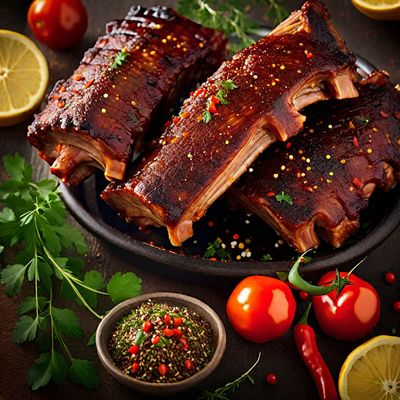
Moroccan Spiced Barbecue Ribs
Tender and Flavorful Moroccan Ribs with a Spicy Twist
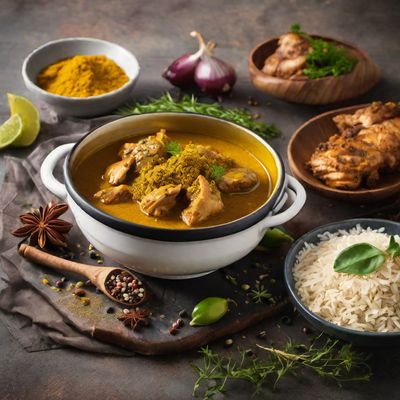
French Curry Recipe
Curry à la Française
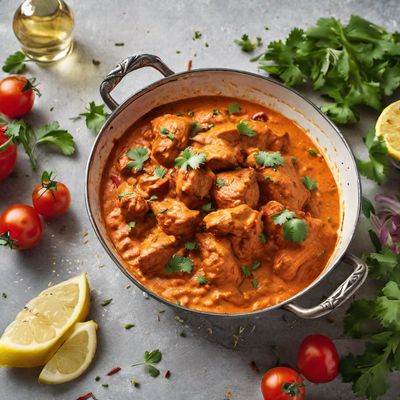
Chicken Tikka Masala
Poulet Tikka Masala

Moroccan-style Huevos Rancheros
Spiced Eggs with Moroccan Flavors

Indo-style Grilled Chicken Skewers
Tandoori Chicken Skewers: A Fusion of Greek and Indo Flavors
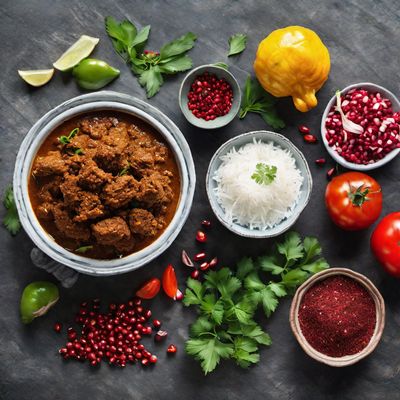
Turkish-style Rendang
Sultan's Delight: Turkish Rendang with a Twist

Greek-style Chickpea Curry
Mediterranean Chickpea Delight
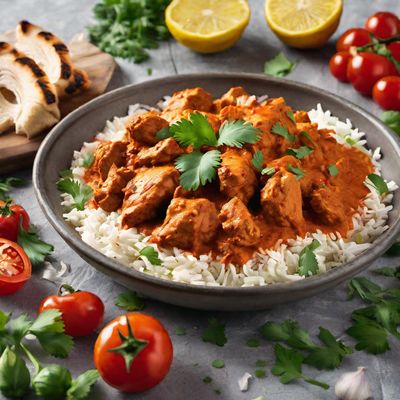
Chicken Tikka Masala
Russian-style Chicken Tikka Masala: A Fusion of Indian and Russian Flavors
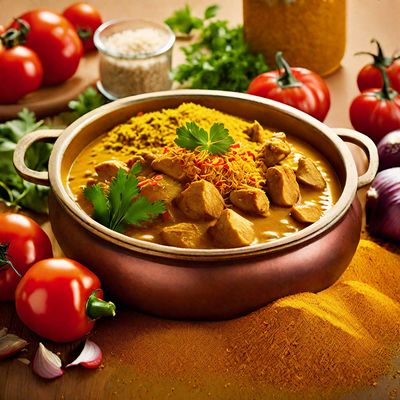
Soulful Curry
Soulful Curry: A Hearty and Spicy Delight
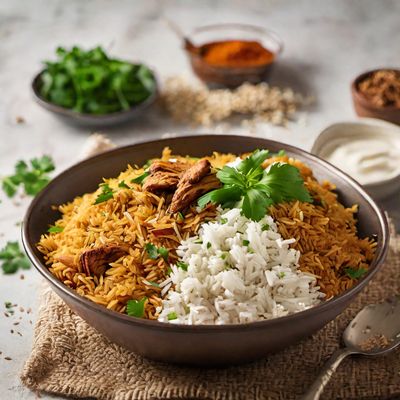
Greek-style Biryani
Mediterranean Biryani Delight

Djiboutian Chermoula-Spiced Grilled Fish
Savor the Flavors of Djibouti with Chermoula-Spiced Grilled Fish
